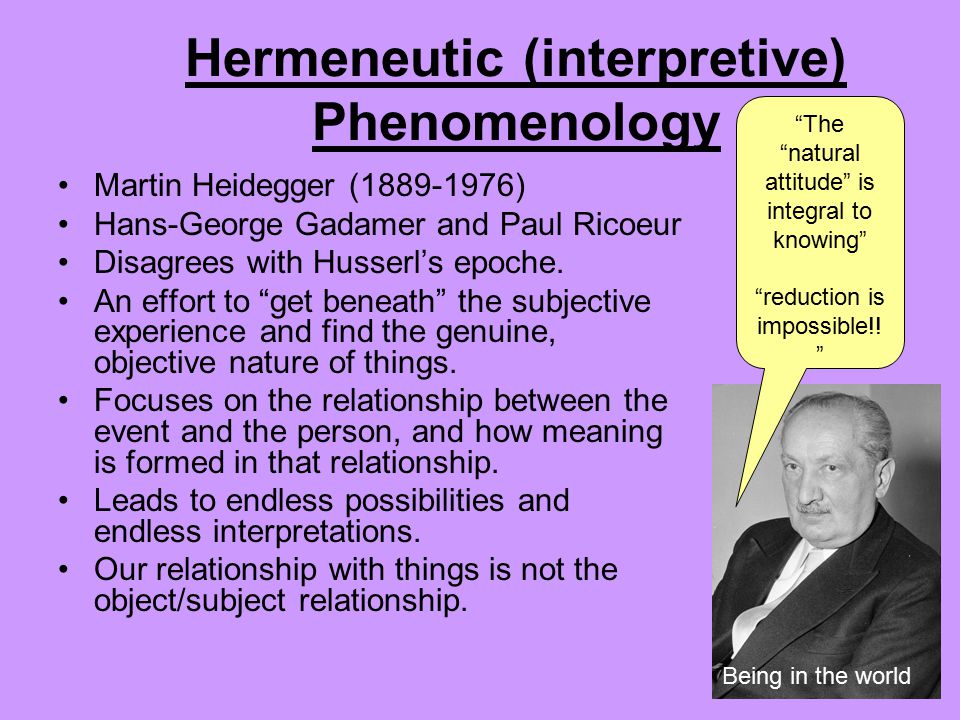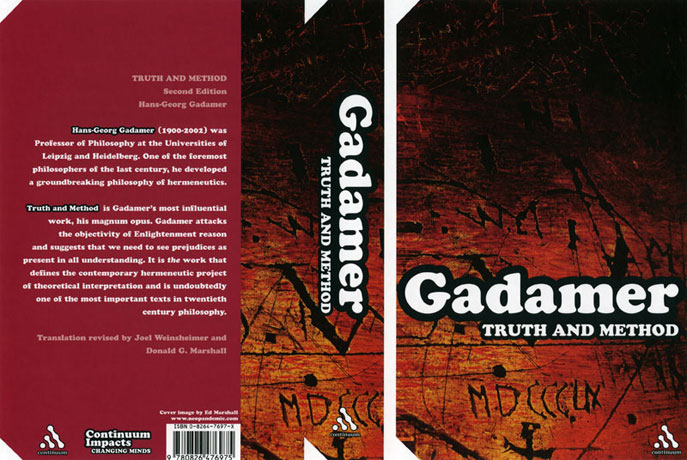7:49 AM 2/26/2019 - Hermeneutic opinion - Google Search
- Get link
- X
- Other Apps

Hermeneutic opinion - Google Search
Next Page of Stories
Loading...
Page 2
Next Page of Stories
Loading...
Page 3
A: I think the truth lies somewhere in the middle. There is no question that dictators represent a threat. And the crucial question is: What can they do and what would they like to do to realize their threats? The problem with Saddam is making up our minds what scope for political and military action he has. Politically he has none, unless one forces the Arab world into solidarity with him. Militarily I believe it is hard to judge.
In my view the threat may be overestimated by people like Ms. Rice, and underestimated by others. That is why I was one of those who were disappointed that a change of objectives took place as regards the treatment of Saddam Hussein. I think that we — all of us, together — had isolated him politically, and that there was a real opportunity of using diplomatic and economic pressure to get the inspectors admitted to the country again. The moment the debate in the United States put an end to the objective of exerting every possible kind of pressure to get the inspectors re-admitted to the country so that we could discover what the real situation was and not have to rely on surmises or intelligence reports — the moment this objective was changed — the real problem began. How can you exert pressure on someone by saying to them: Even if you accede to our demands, we will destroy you? I think that was a change of strategy in the United States — whatever the explanation may be — a change that made things difficult for others, including ourselves.
That is one thing. The other thing is consultations. In the past it was always said: Before we do anything, we will consult with our principal allies — at least with those who take an active — very active — part in the fight against international terrorism. But consultation cannot mean that I get a phone call two hours in advance only to be told: We're going in. Consultation among grown-up nations has to mean not just consultation about the how and the when, but also about the whether.
Q: Do you believe that Cheney speaks for President Bush?
A: I am not qualified to say. The problem is that he has or seems to have committed himself so strongly that it is hard to imagine how he can climb down. And that is the real problem, that not only I have, but that all of us in Europe have. I think that a mistake has been made. It may be understandable in terms of domestic politics, but it has, of course, made things much more difficult for all those who were in agreement with the original objective of exerting pressure to have the inspectors admitted to the country.
After Sept. 11 the situation was quite different. We were among those whose military participation was likely to be requested, and we were all agreed about the whether. And in that situation, where there is a need for secrecy, for the element of surprise, it is enough to be notified of the start of the operation just ahead of CNN or The New York Times. The essential point is that everyone agrees on the question of whether something is going to happen. If we agree about that, we can then form different opinions, so to speak, about questions of when and how. That is the vital difference from Sept. 11. It was because I was inwardly convinced and had also been consulted that I said at the time: This thing has to be done, and I am going to force it through even if I have to call a vote of confidence, for the situation was not easy in Germany, especially with that coalition. And that is why it is just not good enough if I learn from the American press about a speech which clearly states: We are going to do it, no matter what the world or our allies think. That is no way to treat others.
But there is another question that must be answered. According to my information, no one has a really clear idea of the political order that would follow in the Middle East. And such an idea is needed. No one has a clear idea about what the effects would be in the moderate Arab countries or what new political order might emerge after a military intervention in Iraq. What I find particularly worrying, incidentally, is that there is so little discussion of the economic consequences for the world economy. It may be right not to make it the focus, but it is not entirely without significance. And incidentally, that is one of the worries — the effect on the world economy — that make it clear that it is not just a question of the national interest of the United States alone, but a question that concerns the international community as a whole, the possibility of upheavals in the world economy. This applies particularly to the industrialized countries, but when one thinks of the price of oil, not only the industrialized countries. This will have enormous effects on the threshold countries that are just beginning to recover, because if their oil bills shoot up, they will relapse into the status quo ante.
There is another point I consider important. Germany is at present, after the United States, the second-largest provider of troops for international missions. We have almost 10,000 soldiers in the Balkans, involved in Enduring Freedom, and in Afghanistan. In 1998 we spent 170 million euros on international missions. This year it will be around 2 billion euros. I only mention this to make clear that no one can criticize us for lacking international solidarity. That is the one thing.
The other thing is that I was in Kabul and took a very close look at the situation. Germany is contributing a great deal to the international security force. Perhaps more than any other country. I don't want to be unjust to the others, but I think this estimate is not far out. My concern is that we have not even begun to achieve in Afghanistan anything that could be called nation-building. Yet if that is not succeeding before the eyes of the whole world, what advantage are the masses in the Third World going to see in the restoration of a country to the civilized world? What I mean to say is, we have to prove that a return to the civilized community of nations brings a prosperity dividend. And many people are watching what is happening in Afghanistan. We are deeply committed there, and that is why I say: Before we have made any progress there, before we have proved to the disenfranchised masses in the Third World that it is worth their while to return to the Western fold, to the civilized world, I would say that military interventions — in whatever terms they may be justified — tend to be counterproductive for the international coalition against terror.
Q: On Iraq, I first understood you to say no unilateral action in Iraq. Then later you seemed to say Germany will not participate in an attack or help pay for one no matter what the U.N. says. Which is it?
A: Let me begin by saying that without a U.N. Security Council mandate, our Constitution would not permit any form of participation. That is quite clear.
But the other arguments that I have cited against an intervention are so important that I would also be against such an intervention if — for whatever reasons and in whatever form — the Security Council of the United Nations were to say Yes, which I cannot imagine happening in the present situation. I have attempted to make clear that it is not just formal considerations that induce me to say that this is the wrong way. I have told you about what harm we would do to the international coalition against terror. I have attempted to make clear that we must prove before the eyes of the world in Afghanistan and elsewhere, that participation in the struggle against terror will also bring a peace dividend, and I know of no one who has a real concept for a new order in the Middle East which could shape the region afterwards. These are for me weighty arguments that lead me to say: Of course it is important for Germany what resolutions the United Nations adopt, but these arguments — these three — they remain my own, the ones that make me say: Hands off. Especially because, as I said before, the evidence appears to be highly dubious.
Q: Is Iraq an obsession with the Americans, something they're inflicting on everybody else?
A: First of all, just as I don't like people talking about "the Germans," I can well understand American objections to being talked of as "the Americans." They don't exist. What does exist, and this is shown very clearly by the debate in the United States, is a nation that really is willing to engage in a discussion of such questions, a discussion that is very hard-hitting — perhaps harder-hitting than anywhere else. In this sense I have great respect for the democratic culture that exists there. That's one thing. The other thing is not an obsession exactly, but — how shall I put it — I think that what we Europeans have to see is that despite all shared values, despite all the varied and friendly ties between us, America is different from Europe in having less historical experience of what war is and what it involves. I don't mean to say that it is an advantage for the Europeans to have all that behind them. But I do think that Americans approach these questions with less of historical background.
Q: I can't imagine any American president asking any German chancellor to participate militarily in a war against Iraq.
A: Well, I cannot be a judge of that. Nevertheless I have to weigh up the pros and cons. You may be right. But that does not prevent me, as one who may not be affected directly but is certainly affected indirectly as a member of an alliance, from making up my own mind about what would be a sensible approach.
Q: This administration is making lots of difficulties for its friends. Do you think that Sept. 11 has changed America in a way that isn't a good way?
A: Well I cannot judge how much America has changed. I rather think it hasn't changed dramatically. I do think they have become more determined on this one issue, but the fact that in less than one year a question like Iraq is the subject of so controversial a discussion in America shows that the democratic substance has not changed. To this extent I would say that it was no doubt the case in the immediate aftermath, but it is a sign of the democratic substance that one can now discuss such a question in such a controversial manner.
I would like to answer that question with another: What is the duty of a friend in such a situation? It is the duty of friends to show solidarity, but also to use this tried and true solidarity to bring rational arguments into the political debate. The duty of friends is not just to agree with everything, but to say: We disagree on this point. That is what I believe to be the duty of friends in relations between individuals, just as it is in relations between nations, if one happens to disagree. And on this point we disagree, or I disagree.
Q: The nasty view is, you're in a tough campaign and you want to run against Bush, against America, for "peace," and change the subject from unemployment.
A: Well, if one were to deal with this issue superficially, it would come back very quickly to bite you. Obviously we are in the middle of a campaign. And it is an obvious question for you to ask. But I would never treat this issue as a matter of tactics, because the consequences would catch up with me later. We will win in Germany, and then I will have to stick by this decision, and I know what that means. In this sense it was not a tactical variant in the election campaign.
And perhaps the fact that it was not just anyone who said: With the vote of confidence I am staking my political existence on a course of action that was quite different from what I consider this one to be. So I said at the time: I'm for this course, and I want my coalition to approve it. After all, I would have had a comfortable majority in parliament with the opposition, but I wanted my party and this coalition to manage it with their own resources, with all the consequences.
At that time I did what I thought was right, and now I am again doing what I think to be right. And I would do the same even if it were to have negative effects on the election campaign. Attempts have been made, after all, to represent what I am saying now as a danger to friendly German-American relations. That has even been attempted by prominent Americans living in Berlin. So I say: Just as I was convinced I was right then, I am convinced I am right now, and I am acting accordingly. Even if it were to have negative effects, which is impossible to assess, I would do the same thing. It is something that has to be done, and one has to have the strength to do it if one holds this office.
Doing research? Search the archive for more than 500,000 articles: Today's News Past Week Past 30 Days Past 90 Days Past Year Since 1996
Continue reading the main story
Read the whole story
· · · · · · ·















Comments
Post a Comment